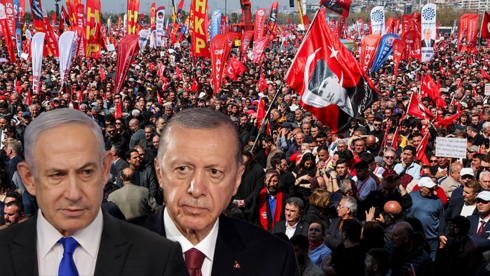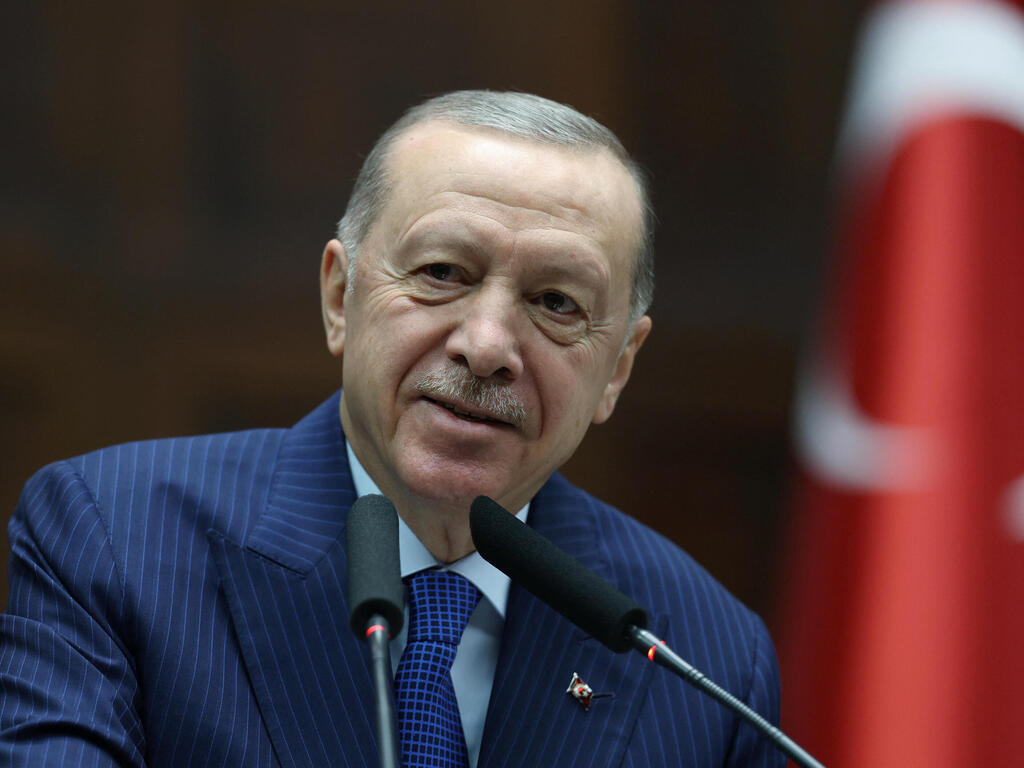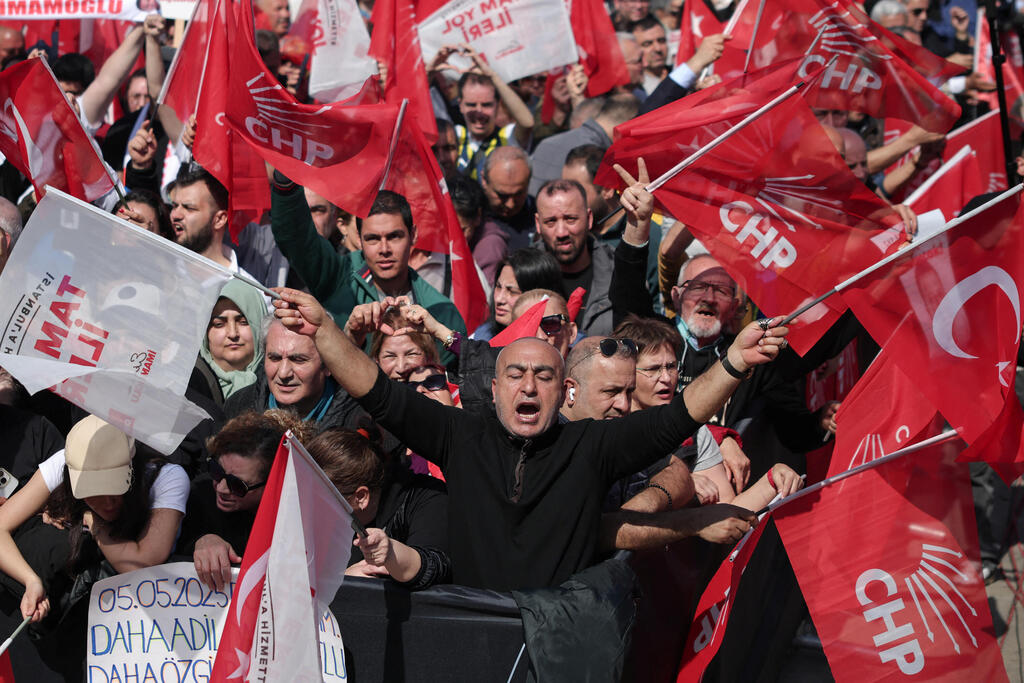Erdogan is a veteran politician who began his career as mayor of Istanbul—a stepping stone to the presidency. Over the course of his 30-year public career, he has served as prime minister and then moved into the presidential palace. Now he is reportedly maneuvering to shorten his current term to allow for a third round in the palace. As part of this strategy, he has reopened peace talks with the Kurds in northern Turkey and is sparring with Syria’s new president, Ahmad al-Sharaa, who also appears to be courting the Kurds.
For now, no one can openly oppose Erdogan’s authority. No one in Turkey will speak positively about Israel. Forget the 15,000 Jews in Turkey, living in fear and isolation. Forget, too, the thousands of Turks who had built strong ties with Israel. With Erdogan tightening his grip on all branches of government and the lira plunging in recent days, it would be unwise to provoke him.
 Smadar PerryPhoto: Yariv Katz
Smadar PerryPhoto: Yariv KatzAs long as Erdogan—ever stern-faced and politically shrewd—remains in his self-fashioned thousand-room palace in Ankara, it is likely that Israel will maintain a long period of diplomatic coldness toward Turkey. It is also likely, however, that Erdogan, after feeling painful diplomatic pinches from the United States, will once again seek rapprochement with Israel. When or under what circumstances that might happen remains unclear. In Israel, officials are furious, and the relationship is frozen—but the story is far from over.






